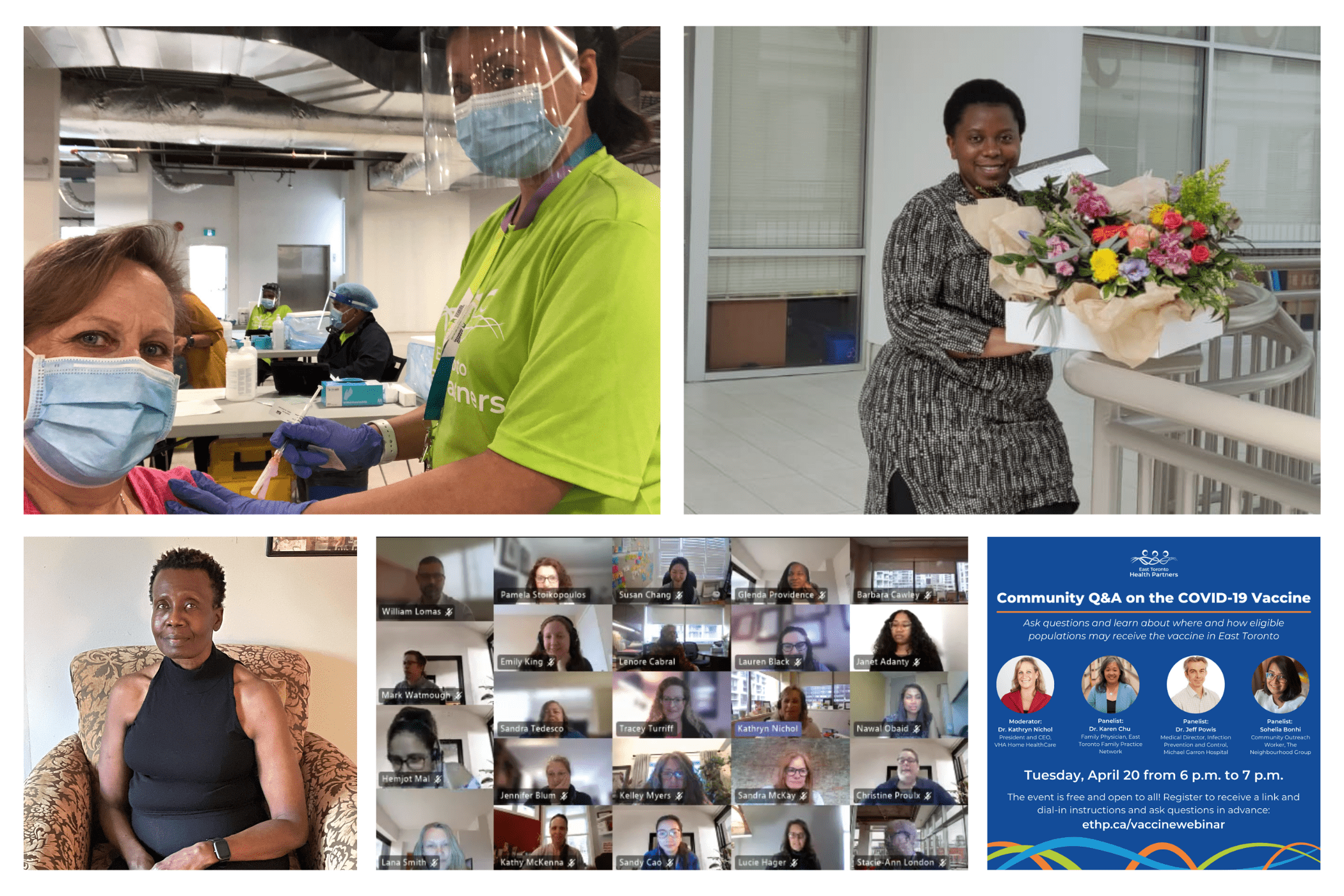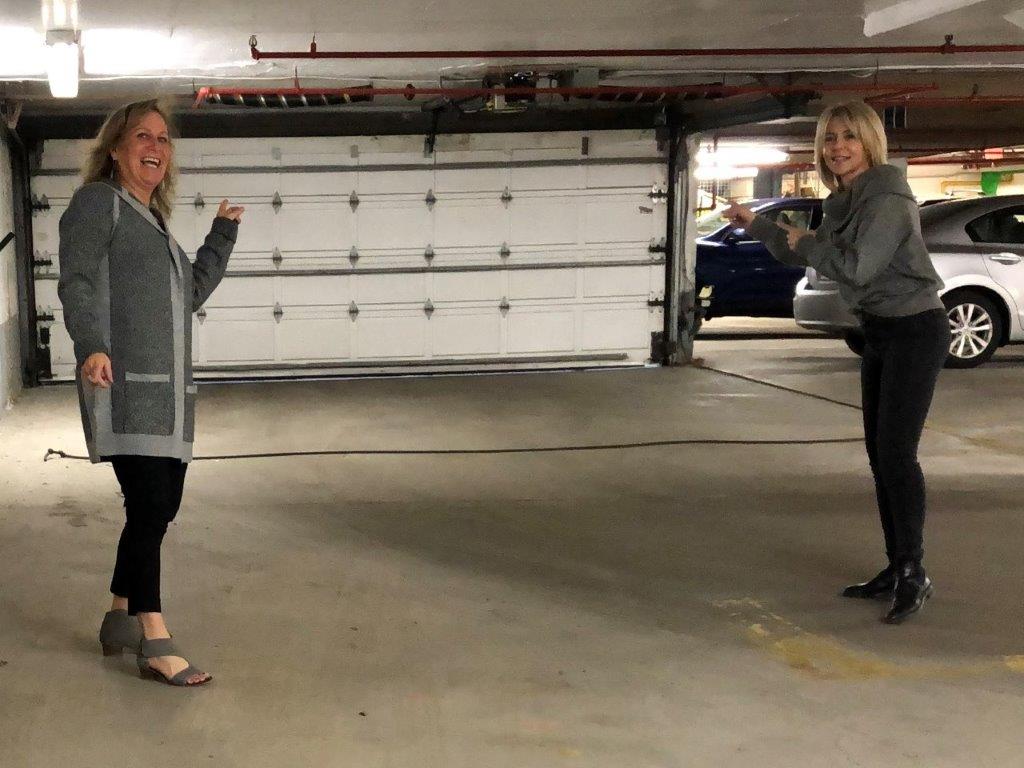My first 60 days as CEO: Contribution from Dr. Kathryn Nichol

I have always liked reading….
In fact, I am a self-professed information junkie so TMI (Too Much Information) doesn’t really exist for me. This has been helpful during the first two months in this role as there is a TON of information available on starting a new job and how to plan for and succeed in the first 30, 60, 90 and 100 days. What I can’t find is how to plan for and be successful in the first 100 days as a new health care CEO during a global pandemic! If you find anything on this, please send it to me.
My reading has been interesting. I learned the five challenges of becoming an “insider” CEO (as I held another role within the organization prior to this), tips on how to build a strong board-CEO partnership, what I should aim to accomplish within the first 100 days of the role and that, while it is important to understand risks, some degree of risk is not only unavoidable but may benefit an organization. Fascinating – really. In addition to reading, I have learned a lot in other ways too, perhaps much more important ways. This past month I had the opportunity to interview one of our PSWs, Hermyn Pearce, who is pictured sitting elegantly in her living room in the photo collage at the top of this post. Hermyn has been a PSW with VHA for 20 years and when I asked her what my top priority should be in the first weeks and months of my role, she immediately said “the pandemic of course” – stay on top of what is happening and focus on the safety and well-being of staff and clients. She also warned me about “the head being separated from the body”. In listening to her describe what she meant, I understood the head to be the administration and coordination side of VHA and the body to be our frontline care-providing staff and service providers. When these are separated you get breakdown – in quality, in safety, in experience, in efficiency, in health outcomes and the list goes on. Investing in a strong and positive connection between administration/coordination and service delivery is critically important. Hermyn provided a lot of helpful information, but I wanted to share these two learnings as I will definitely be focusing on these during my first 100 days. Thank you Hermyn.
Everything I have read has emphasized the need for targeted and frequent communication. This past month I have spent time with each Board member to get to know them better (did you know one of our Board members has experience working in the Canadian Arctic, Afghanistan and Mongolia?), had many meetings with external partners, held my first Leadership Forum (a regular meeting with all members of senior and middle management) and attended many team meetings. One of those team meetings was with our palliative nursing team in Central East. Shout out to Doris for the invite! As I expected, nurses were joining the meeting from the community, from their cars and from their homes. I asked them to share the best and worst thing about their jobs right now. The worst things included losing a client to COVID, fear of catching and being really sick with COVID, being worried about unknowingly carrying and transmitting the virus and wearing so much uncomfortable personal protective equipment. Having these concerns and fears and yet continuing to provide essential care for their palliative clients shows just how committed and courageous these professionals are. When these team members shared the best things about their jobs right now, it truly brought me joy. One nurse said that when she walks down the hall of a building on her way to visit a client, people stop her to ask if she is a health care worker and when she says yes, they thank her. She said this never happened in the past and she truly feels appreciated. Another nurse said that his clients are just so happy that they are getting care in their homes and they are so thankful for their visiting nurses. He said in the past that there wasn’t this level of appreciation for the value of home-based care. I am thankful that our frontline care providers are feeling appreciated and valued – they truly deserve it.
One article I read noted that in the second 30 days on the job, I should “identify early wins”. To me this means actively looking for opportunities to contribute and make a difference. East Toronto Health Partners (ETHP), our Ontario Health Team in East Toronto, held its first Community Q&A on the COVID Vaccine a couple of weeks ago and needed a moderator. I was delighted to step in, not only because ETHP is an important partnership for VHA but also because East Toronto is the community where I live and my neighbours and friends would be joining the webinar. Hundreds of people from East Toronto joined the call and we were able to answer a lot of their questions about the vaccine. April also included Administrative Professionals Day and, in collaboration with other senior managers, I was able to recognize the important contribution of these key members of our team. You’ll see a lovely photo of Noeline from the Lawrence office with her flowers in the picture collage. Thank you to Noeline and our entire team of administrative professionals for all that you do. And, on a personal note, one of my “wins” in April was being offered a COVID vaccination through a local immunization clinic.
Just like to-do lists, the reading list never really ends so I will keep building that list and reading. Hope you can too.

Talk to you again at the 100-day mark!
Kathryn
PS – This picture was taken when I got stuck in the underground garage of our downtown office this month when the garage door got stuck halfway up. Thankfully, Patti was able to rescue me as she knew how to manually override the automatic garage door opener. Is there anything she doesn’t know??? 😊
